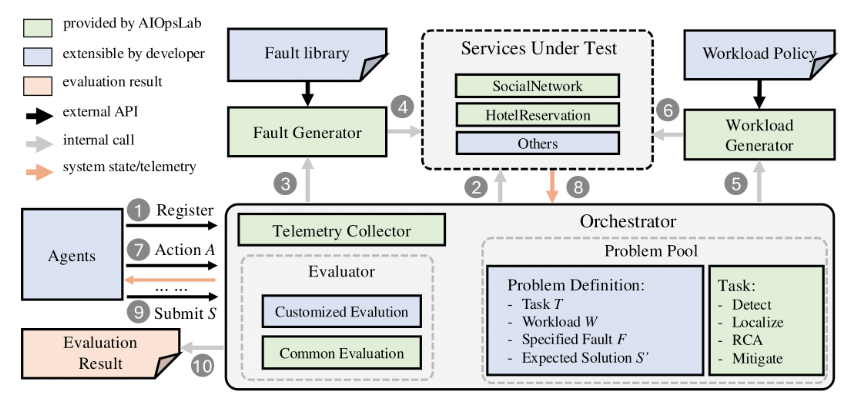In today's context of rapid digitalization, artificial intelligence (AI) has become an important tool for enterprises to improve their competitiveness. However, despite major companies investing huge sums in hyperscaler AI products, AI leaders still face many challenges.
Recently, DataRobot and CIO.com released a global survey. The results showed that more than 50% of AI leaders plan to increase investment in cloud service providers to solve the main problems they currently face.
This survey covered more than 200 senior decision-makers in the AI field and focused on the difficulties faced by enterprises in applying AI technology. The survey results show that insufficient interoperability, limited governance and compliance capabilities, and high usage costs have become key factors restricting enterprise AI applications.

Survey data shows that only 38% of surveyed companies have implemented comprehensive application of AI throughout their entire organization, a proportion that highlights the difficulties many companies face when scaling AI projects. At the same time, 47% of respondents said that existing ultra-large-scale cloud service AI tools are not satisfactory in terms of project delivery speed, and only 22% believe that AI can effectively improve the quality of business decisions.
In addition, safety issues are also the focus of widespread attention in the investigation. As many as 84% of respondents said that they have difficulty verifying the security of AI models when using ultra-large-scale cloud tools, and almost half of the respondents expressed concerns about the protection of data privacy. Data leakage, third-party security risks, and potential damage to brand reputation have become important challenges that enterprises must face in AI applications. In this regard, more than 50% of respondents said they plan to invest in the future to solve AI security and compliance issues.
In addition, more than 60% of respondents also expressed concerns about vendor lock-in, especially compatibility issues in multi-cloud environments, which makes enterprises trying to introduce new technologies or integrate new AI applications into existing systems face obstacles. And 51% of AI leaders are uncomfortable with the high cost of sustaining AI projects, especially those that have invested in hyperscale cloud tools for more than three years.
Venky Veeraraghavan, chief product officer of Data Robots, said that companies often face difficult choices when facing AI implementation. He pointed out that building comprehensive AI solutions can reduce costs while ensuring security and compliance, thereby improving overall productivity and collaboration efficiency.
To solve these problems, Data Robot provides a set of enterprise AI solutions designed to help organizations deliver AI applications more efficiently and improve the performance of existing technologies. Through open architecture and customizable AI applications, Data Robot is committed to accelerating the deployment of AI, reducing implementation costs, and helping enterprises better cope with future challenges.
AI courses are suitable for people who are interested in artificial intelligence technology, including but not limited to students, engineers, data scientists, developers, and professionals in AI technology.
The course content ranges from basic to advanced. Beginners can choose basic courses and gradually go into more complex algorithms and applications.
Learning AI requires a certain mathematical foundation (such as linear algebra, probability theory, calculus, etc.), as well as programming knowledge (Python is the most commonly used programming language).
You will learn the core concepts and technologies in the fields of natural language processing, computer vision, data analysis, and master the use of AI tools and frameworks for practical development.
You can work as a data scientist, machine learning engineer, AI researcher, or apply AI technology to innovate in all walks of life.







